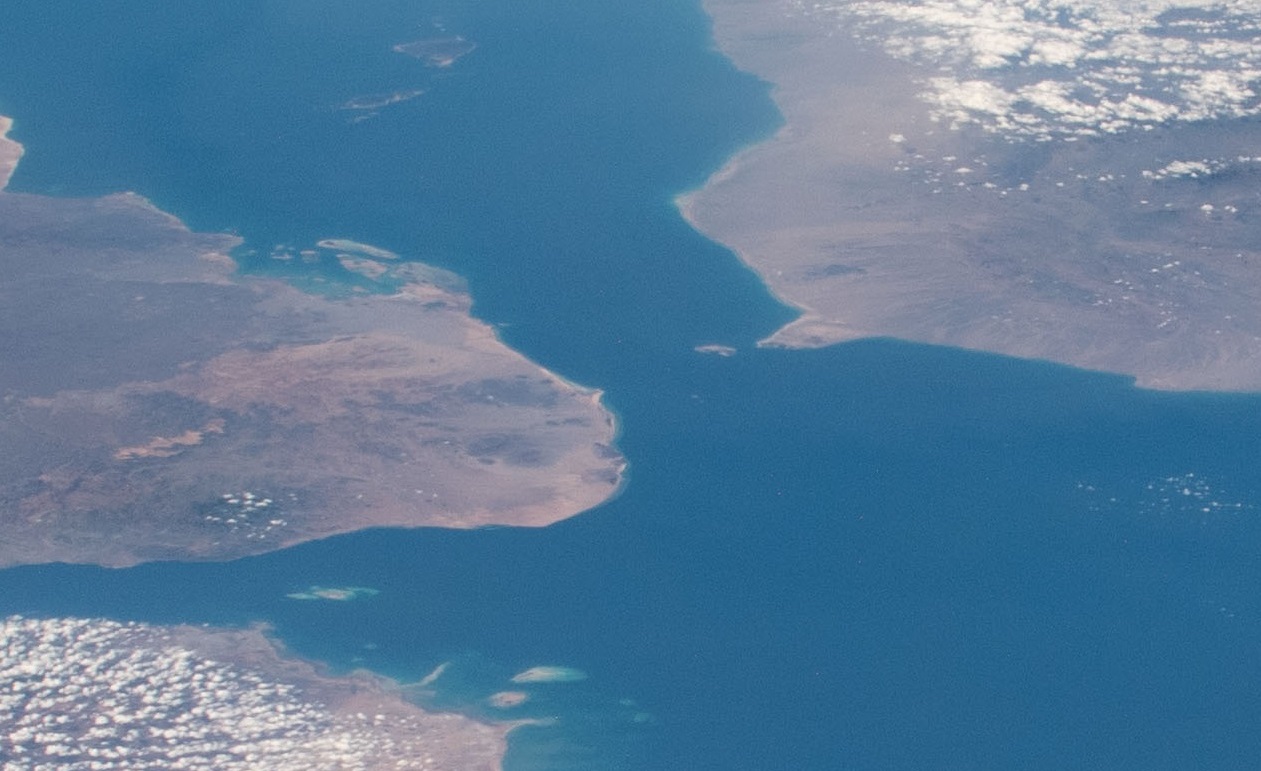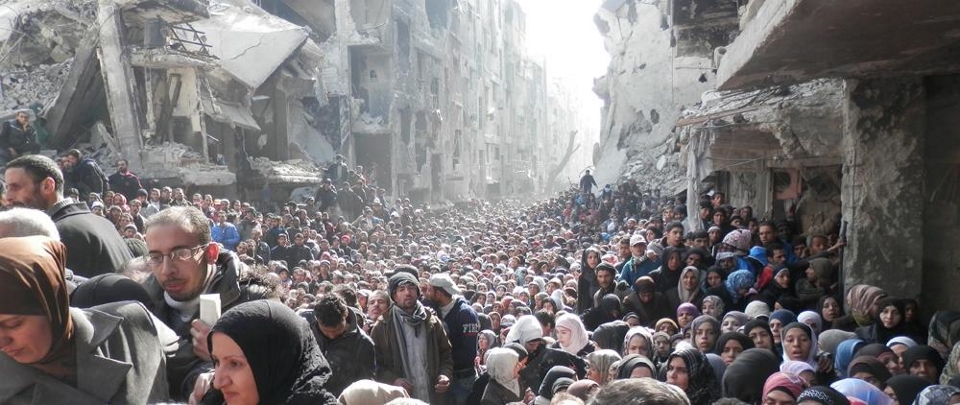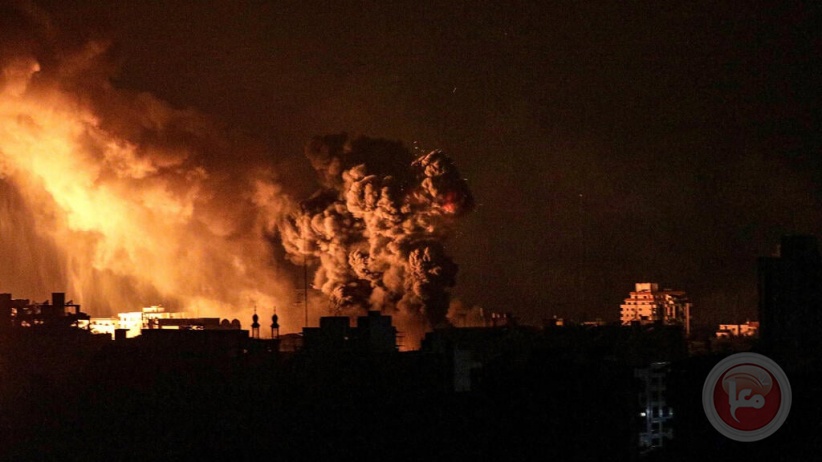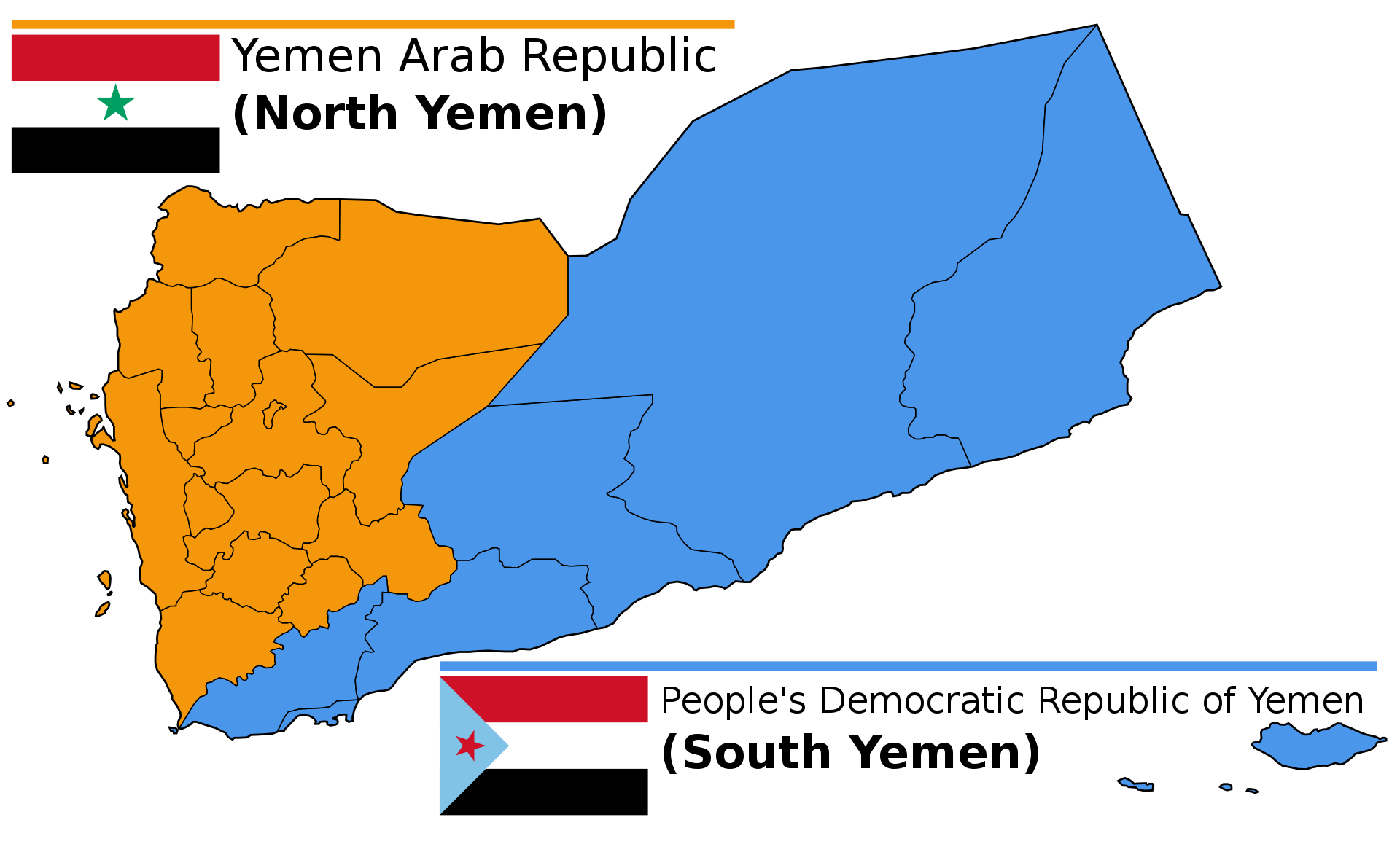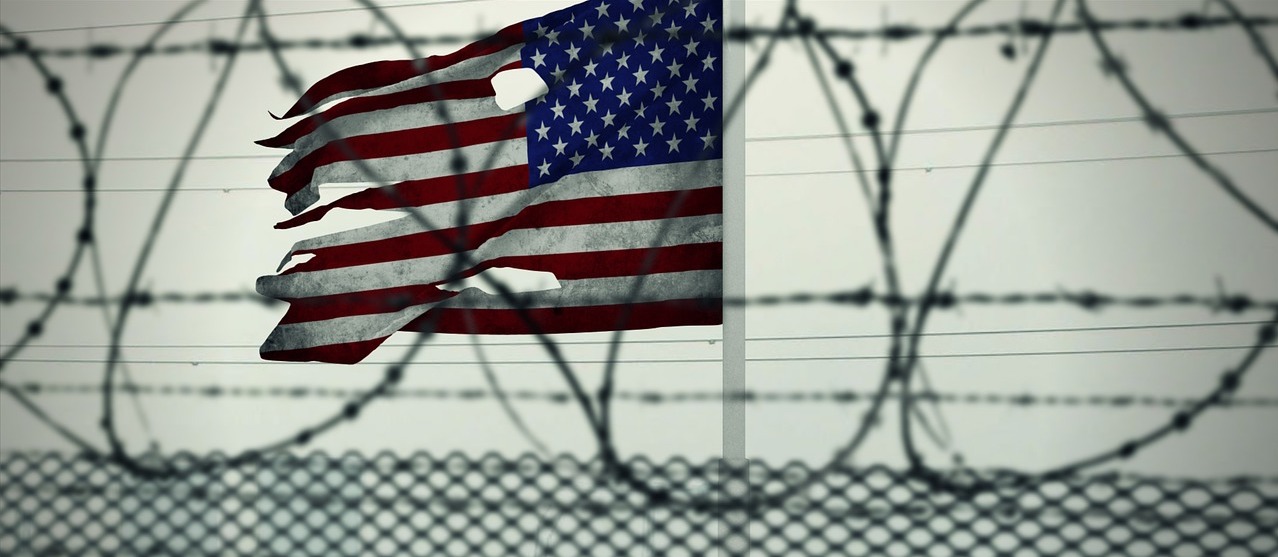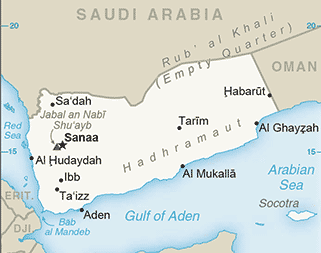
Yemen: Houthis ‘weaponize water’ in siege of Taizz
In a new report, Human Rights Watch (HRW) charges that both the Houthis and government forces have violated residents’ right to water in the ongoing siege of Taizz, Yemen. For the past eight years, the besieging Houthi forces have cut off the flow from watersheds under their control to the Taizz Local Water & Sanitation Corporation, which manages the city’s water supply and sewage treatment system. These watersheds previously provided 77% of the city’s supply. The government troops that control the city have meanwhile sold the public water from wells within the urban area for their own profit. HRW called upon both parties to “allow Taizz’s local water agency to access, repair, and operate water infrastructure on the front lines and in Houthi-controlled territory.” (Map via PCL)



